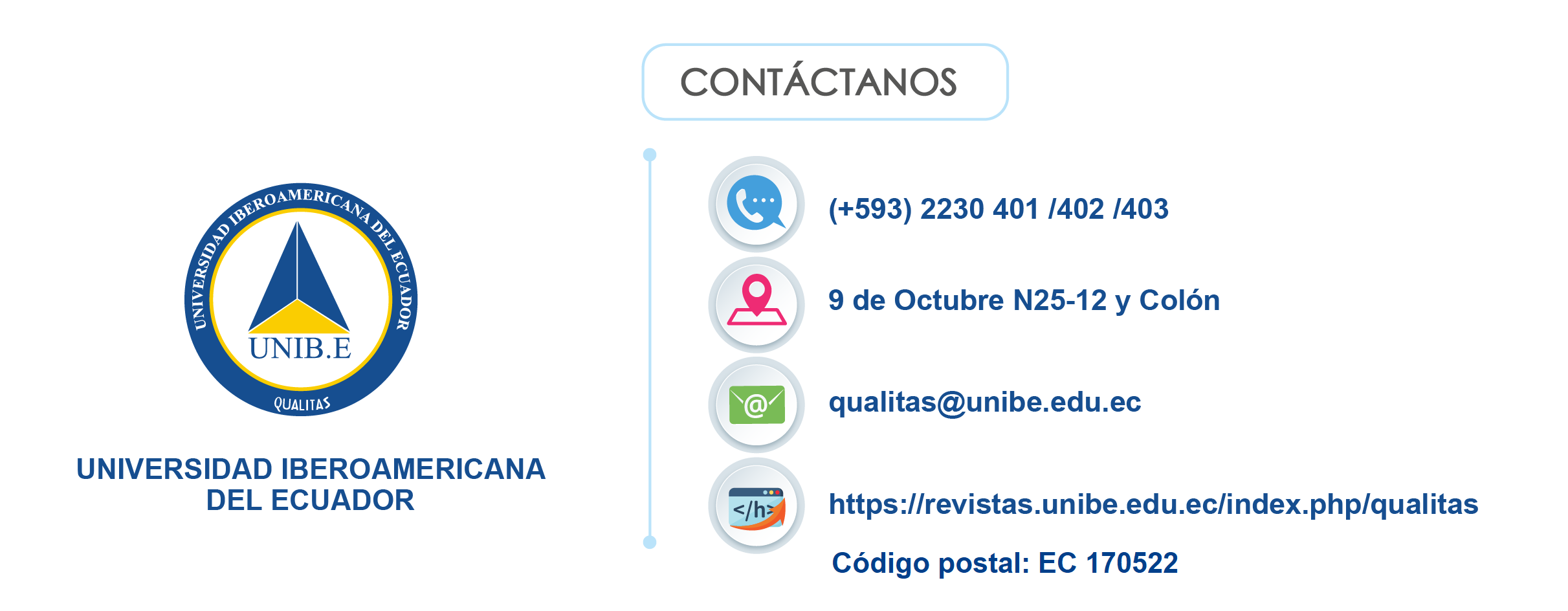The Critical Thinking of Arturo Uslar Pietri and his contributions to the Venezuelan and Latin American Educational System
DOI:
https://doi.org/10.55867/qual30.04Keywords:
Arturo Uslar Pietri, critical thinking, pedagogy, educational systemAbstract
The purpose of this study is to interpret the thoughts of Arturo Uslar Pietri and his contributions to the Venezuelan and Latin American educational system. To do this, the social work of the aforementioned author is reconstructed, to understand how the historical moment he lived influenced his way of thinking. It is essential to highlight that the thought and pedagogical action of Arturo Uslar Pietri greatly surpassed the educational field, due to his tireless social and intellectual work put into practice throughout his life, always with the same tenacity, originality and kindness that characterized him. This study is based on a documentary review, to interpret through a hermeneutical process the thought of Uslar Pietri, in terms of his life, work, thought and contributions to Venezuelan education that led to the creation of the proposal of "an education for life" (Uslar, 1963), which means preparing people so that they can fully and usefully integrate into society, developing their potential and creative capacities, and actively participating in knowledge and the transformation of reality. Uslar Pietri proposes an education that is not limited to transmitting scientific notions, but that encourages the critical spirit, curiosity, imagination, responsibility and solidarity, a liberating education. Specifically, it presents a conception of an education for the development of a socio-transformative posture
Downloads
References
Arango, P. (2019). Perspectiva hermenéutica y vigencia de los modelos narrativos. Universidad de Manizales, Colombia.
Acosta, C. (1981). Obras Completas. Fundación: La Casa Bello. Caracas, Venezuela.
Azparren G, L. (2006). “Arturo Uslar Pietri: Un dramaturgo desconocido”. Estudios sobre teatro
Benveniste, E. (1966). La naturaleza de los pronombres. México. Siglo XXI.
Brito F, Federico. (1967). Historia Económica y Social de Venezuela. Caracas, UCV.
Cervantes, Biblioteca Virtual Miguel de «Un curioso Encuentro con Arturo Uslar Pietri, nonagenario». Biblioteca Virtual Miguel de Cervantes.
Figueredo, L. (2006). Uslar Pietri y la Educación. Editorial Analítica. Caracas, Venezuela.
Gil Lugo, W (2023) 100 años de la tesis de bachillerato de Uslar Pietri. Disponible en URL: https://prodavinci.com/100-anos-de-la-tesis-de-bachillerato-de-uslar-pietri/
Guerrero D, G. (2015). Metodología de la investigación. México D.F, México: Grupo Editorial Patria. Obtenido de https://ezproxy.unisimon.
Guerrero, G. (2000). El Nuevo Ideal. Historias de Venezuela. Caracas, Venezuela.
Ricoeur, P. (1990). La enunciación y el sujeto hablante. Alianza. Madrid. España.
Rojas de Chirinos, Blanca. (2009) Educación y ciudadanía: un estudio de la reforma educativa en la escuela venezolana 1948-1998, página 319. Vol 15. Revista Lauras. Caracas, Venezuela.
Uslar P, A. (1979). Repensar en la Educación. Fundación Casa, Arturo Uslar Pietri. Caracas, Venezuela.
Uslar P, A. (1995). Pensado en la Educación. Fundación Casa: Arturo Uslar Pietri. Caracas, Venezuela
Uslar Pietri, A. (1935). “Indagación de nuestros problemas”, El Universal, Caracas, 15 de junio de 1935.— (1935). “Asteriscos”. El Ingenioso Hidalgo, junio de 1935, N.º 2.
— (1962). “Meditación sobre el Sesquicentenario”, en Del hacer y deshacer de Venezuela. Publicaciones del Ateneo. Caracas, Venezuela.
Vargas, LL. (2017). El Discurso Integro. Poetas de la Sociedad Civil. Madrid, España.
Vendaño, A. (2006). “Arturo Uslar Pietri”. Conferencia de la doctora Astrid Avendaño en la Universidad Nacional Experimental de Yaracuy (Uney). Venezolano. Fondo Editorial Humanidades. p. 199.Venezuela.
Zandanel de González, M. (1999). “De escrituras y reescrituras: la impronta del pasado en la literatura latinoamericana. A propósito de El camino de El Dorado, de Arturo Uslar Pietri, y Daimón, de Abel Posse”. En: Cuadernos del CILHA. Diciembre de 1999, año I, N.º I, Universidad Nacional de Cuyo, Mendoza, Argentina; “Historia y ficción: función de los paratextos en la Nueva Novela Histórica” (en prensa); Los procesos de ficcionalización del discurso histórico.
Published
How to Cite
Issue
Section
License
Copyright (c) 2025 jhovanny Medina, Sandra Beatriz Quintero Romero

This work is licensed under a Creative Commons Attribution 4.0 International License.



















